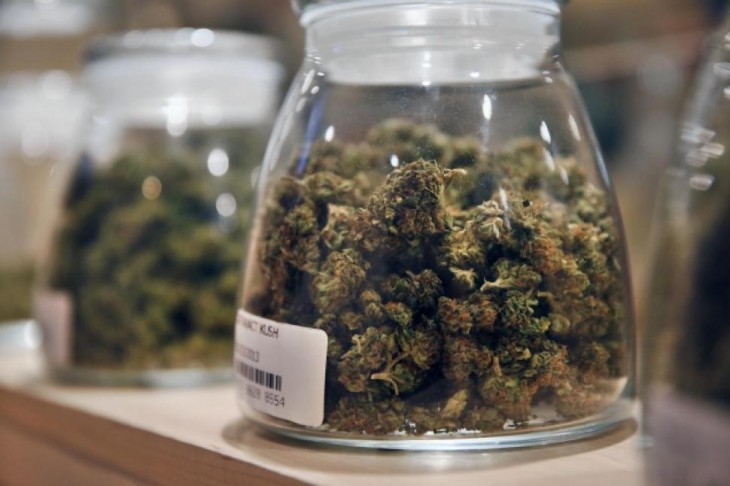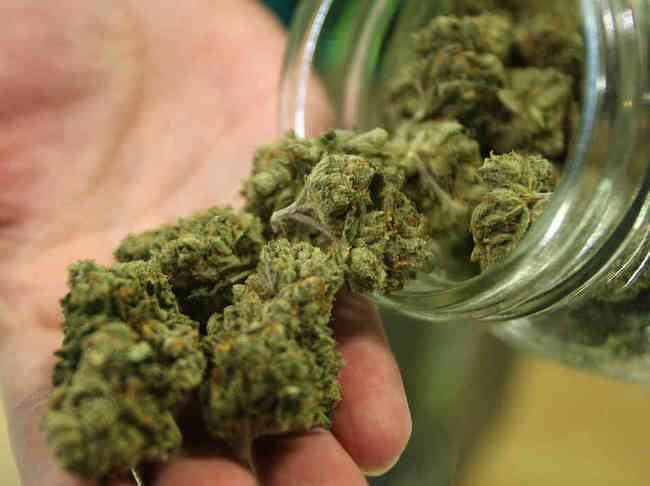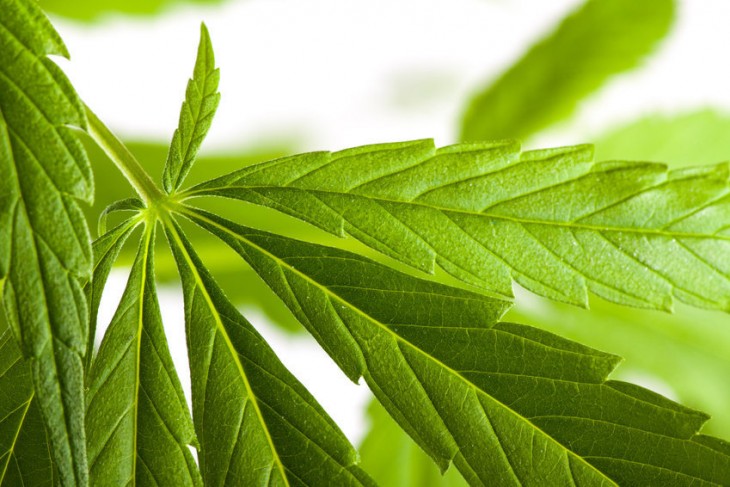It seems that the decriminalization of marijuana in Philadelphia might be over shadowed by the Pennsylvania Senate Law & Justice Committee will be discussing SB1182 for a second session. Senate Bill 1182 is unlike most medical marijuana laws in that it is actually going through the senate while most laws are formed through the process of initiative and referendum.
The law is similar to that in most places and would impose a one ounce limit on sales, usage and possession of cannabis flowers and 3 ounce limit on extracts and concentrates. Really it is a run of the mill medical marijuana bill that creates both the Pennsylvania Medical Cannabis Board as well as the Bureau of Medical Cannabis Control Enforcement. These two boards will convene will an advisory council formed by various government officials and members of the Pennsylvania Medical Association, Nurses Association, Dental Association, Pharmaceutical Association, and the Psychiatric association.
A Law Introduced by Both Sides of the Aisle
So far the law has bipartisan support and it looks like when an election does eventually come, the law will pass. In most states, laws presented to the house of representatives or senate never even make it through the first round of committee, so this law is looking pretty healthy.
The bill will allow marijuana to be used to help with the treatment of: cancer, glaucoma, PTSD, AIDS and HIV, severe or chronic pain, severe nausea, seizures, severe and persistent muscle spasms, intractable pain, and any other medical condition that a licensed medical authority recognizes treatment for which will be better with cannabis. This last clause is usually what will cause problems with conservatives who site that the bill is too open ended and has access loopholes.
The DEA Told to Respect state Legal Authority
The DEA Earlier this year were ordered by congress to no interfere with state medical marijuana programs, which will make Pennsylvania feel more secure about taking legislative steps. Unfortunately nothing was said about the recreational laws and there is some concern that the DEA will begin to specifically target states like Colorado, Washington and hopefully the District of Columbia, Oregon and Alaska who will be allowed to grow plants from Green House Seed Co.
Hopefully the bipartisan nature of the bill will influence states south of PA and more laws will be given serious discussion by state legislatures. If state representatives were to work in unison with local initiatives, laws could be successfully being put in place faster. Shutting down the black market side of marijuana takes away funding for violent criminals, and produces tax revenue that often goes to enforcement agencies that then better fight the violent criminals.









